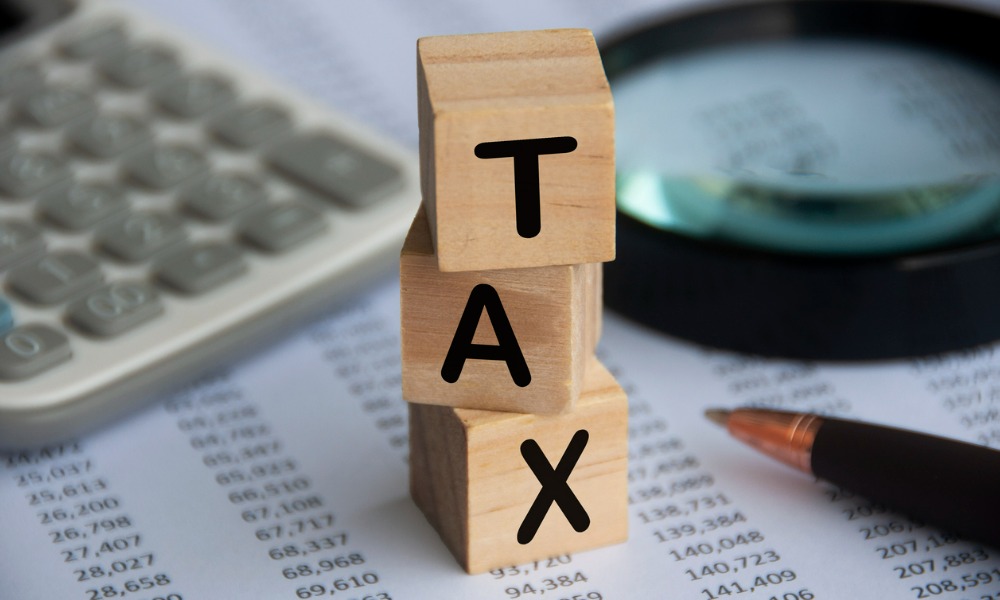While taxes contribute largely to Canadian economy by keeping the government running, it may also be a huge burden to some. This is probably why some individuals and corporations resort to tax avoidance. The law cautions us that some ways of avoiding the payment of taxes may result in tax evasion, leading to serious legal consequences.
What is tax evasion vs. tax avoidance?
The difference between tax evasion vs. tax avoidance mainly lies in its different legal effects and the acts that may be considered either as tax evasion or tax avoidance.
All laws must be complied with both in letter and in spirit. It compels all persons and juridical entities to follow the law directly, as has been expressly provided in the law. They should not commit any other indirect acts that will fall as a violation according to its intent.
Under Canadian tax laws, everyone – save for some exceptions – must legally pay their taxes according to certain parameters and its tariffs. Otherwise, they may be charged with tax evasion and be criminally prosecuted under the law.
However, there are ways to legally reduce the taxes that a person or a corporation will have to pay, which is commonly called tax avoidance.
Tax evasion vs. tax avoidance
The main difference between tax evasion vs. tax avoidance is that tax evasion has legal and criminal consequences, while tax avoidance does not.
While tax avoidance is the mere application of financial strategies to minimize one’s tax liabilities, tax evasion comes with the criminal intent to prevent the payment of one’s personal or corporate taxes.
Another difference of tax evasion vs. tax avoidance is that while tax avoidance follows Canadian taxation laws and regulations imposed by the Canada Revenue Agency (CRA), tax evasion is the fraudulent or direct violation of these laws and regulations.
Hence, when employing tax avoidance, it must not defeat the spirit of these Canadian taxation laws so that it will still be considered as legal methods and not be labelled as tax evasion.
Collecteur Project: 5 years of prison and $850k fine for a taxpayer guilty of #TaxEvasion: https://t.co/8UiqFSzfPg #CdnTax pic.twitter.com/Z3Qhbv6WnR
— Canada Revenue Agency (@CanRevAgency) June 20, 2023
Tax avoidance
As used in its popular sense, tax avoidance is the act or strategy of reducing the taxable income through legal and acceptable means. Canada’s taxation may also refer to tax avoidance as effective tax planning or tax reduction arrangements. For these acts of “avoiding” taxes to not fall under “evasion”, it must meet the specific provisions of Canadian tax legislations and must be done in line with the intent of these laws.
Although Canadian tax laws provide that everyone must diligently pay their taxes, these laws also provide for certain exemptions and entitlements such as tax credits, benefits, and refunds. By carefully and effectively planning a person’s or corporation’s tax liabilities, tax avoidance may be carried out legally.
Tax avoidance that are within the bounds of the law may be done by:
- investments in tax-advantaged accounts: such as Registered Retirement Savings Plan (RRSP), Tax-Free Savings Account (TFSA), and Registered Education Savings Plan (RESP), which are tax-sheltered and tax-deductible accounts which may lower one’s tax obligations
- donations: such donations or donation investments to registered charities, subject to certain tax credits
- claims or tax credits: such as moving expenses, medical expenses, disability tax credits, and family, childcare, and caregiver tax deductions and tax credits, among others.
Business tax credits are also one of the legal ways to avoid taxes, which are offered at the federal, provincial, or territorial levels. To know more about business tax credits, consult a lawyer in your province. If you live in Toronto, for example, contact one of Lexpert's best-ranked corporate tax lawyers in Ontario.
Tax evasion
On the other hand, tax evasion is the offence or crime committed by persons or corporations who intently and fraudulently evade the paying of taxes. In another sense, tax evasion is tax avoidance that is prohibited under the law. Tax evasion is also called by the CRA as unacceptable tax planning or excessive tax planning.
Tax evasion is punishable under (1) section 239 of the Income Tax Act, (2) section 327 of the Excise Tax Act, and (3) section 380 of the Criminal Code.
Section 239, Income Tax Act
Under the Income Tax Act, tax evasion is committed either by:
- making false statements when filing a tax return, certificate, statement, or answer;
- making false entries, or omitting relevant information in one’s records or books of accounts;
- destroying, altering, or intently hiding one’s records or books of accounts;
- obtaining or claiming a tax refund or credit through falsification of one’s records;
- willful evasion of the paying of taxes; or
- conspiring with another person in committing any of the above-mentioned acts.
Section 327, Excise Tax Act
Tax evasion under the Excise Tax Act may be committed similarly as those mentioned under the Income Tax Act above, as applied to excise taxes. It may also be committed through the use of an electronic device or software for the suppression of sales in one’s books or records.
Section 380, Criminal Code
Otherwise known as tax fraud, tax evasion through fraud is committed when the public or the government is defrauded by deceit, falsehood, or through any other means regarding one’s tax obligations. Some examples of tax fraud through falsification of information in a tax return include:
- overstating one’s expenditures;
- under-reporting or omitting an income source; and
- failing to file the tax return as mandated by law.
Other forms of tax evasion
Tax evasion may also be committed through different forms, such as:
- offshore non-compliance
- tax protesters
- promotion of tax evasion schemes
What is the penalty for tax evasion in Canada?
When a person or a corporation has been convicted for tax evasion under Canada’s tax laws, the convicted person or corporation will still have to pay the taxes it legally owed to the government. These will now increase due to penalties imposed such as interest and civil penalties. Fines of up to 200% of the taxes owed and the grave penalty of imprisonment of up to five (5) years will also be imposed.
For tax fraud under the Criminal Code, imprisonment may be up to 14 years.
Know more about tax evasion vs. tax avoidance by hiring the best corporate tax lawyers in Canada as ranked by Lexpert.





